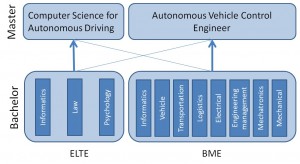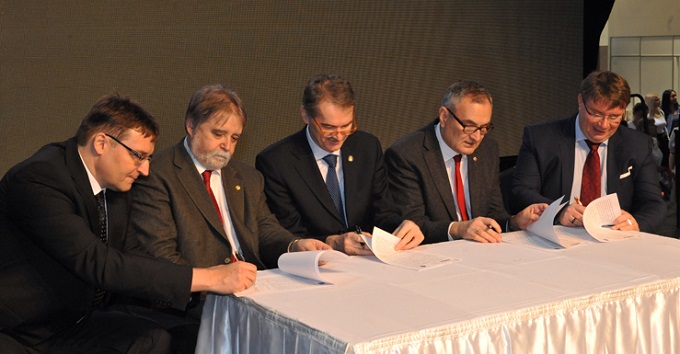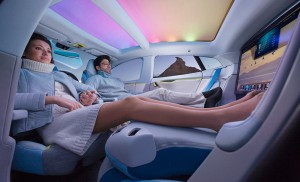 Despite the recent pair of fatal crashes involving self-driving cars, there’s wide agreement that autonomous vehicles will sharply reduce the number of people who die in motor vehicle accidents. In the U.S. alone, traffic accidents claim more than 30,000 lives a year; experts say that by the middle of this century, that toll could fall by up to 90 percent.
Despite the recent pair of fatal crashes involving self-driving cars, there’s wide agreement that autonomous vehicles will sharply reduce the number of people who die in motor vehicle accidents. In the U.S. alone, traffic accidents claim more than 30,000 lives a year; experts say that by the middle of this century, that toll could fall by up to 90 percent.
“I think we’re going to be really surprised by how many things change,” says Dr. Chris Gerdes, director of the Center for Automotive Research at Stanford University.
Driverless cars may not end America’s long-running love affair with the automobile. But with fleets of autonomous vehicles offering low-cost, convenient transportation that can be summoned in minutes, fewer people may want to shell out tens of thousands of dollars to own and maintain their own vehicle.
“We’re moving to a future where people don’t own cars,” says Dr. Daniel Sperling, director of the Institute of Transportation Studies at the University of California, Davis.
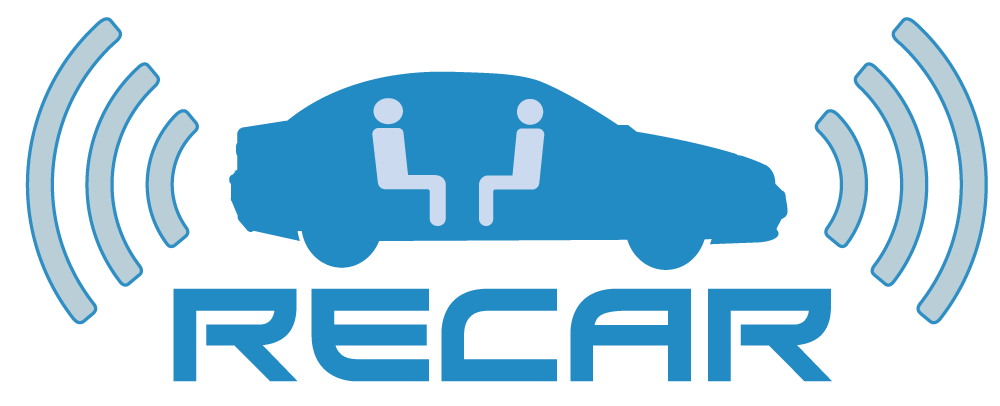


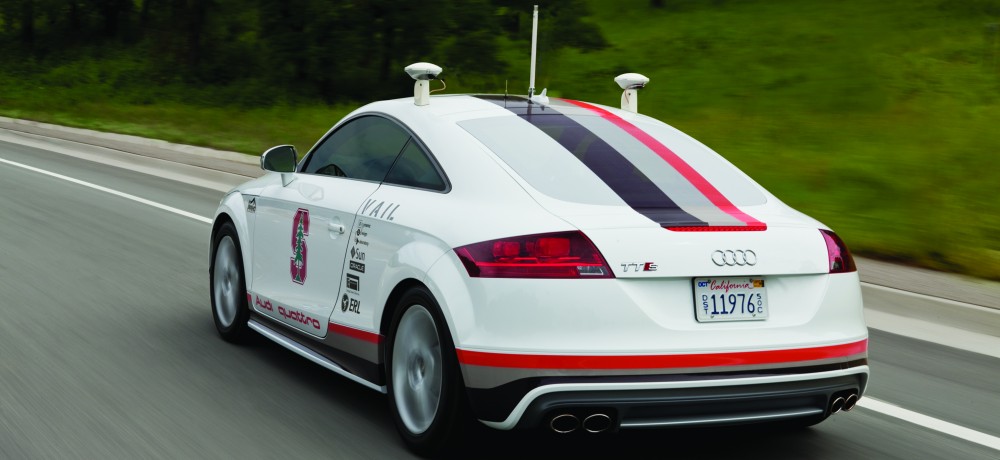
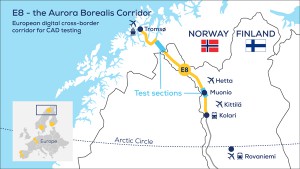
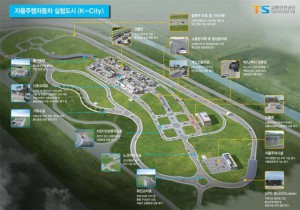
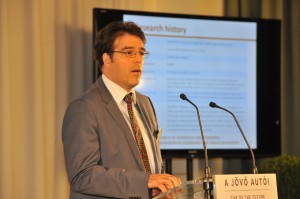 “The pillars of RECAR (Research Center for Autonomous Road Vehicles) are education, research and a Hungarian test track” – summarized Zsolt Szalay, Head of Department of Automobiles and Vehicle Manufacturing.
“The pillars of RECAR (Research Center for Autonomous Road Vehicles) are education, research and a Hungarian test track” – summarized Zsolt Szalay, Head of Department of Automobiles and Vehicle Manufacturing.